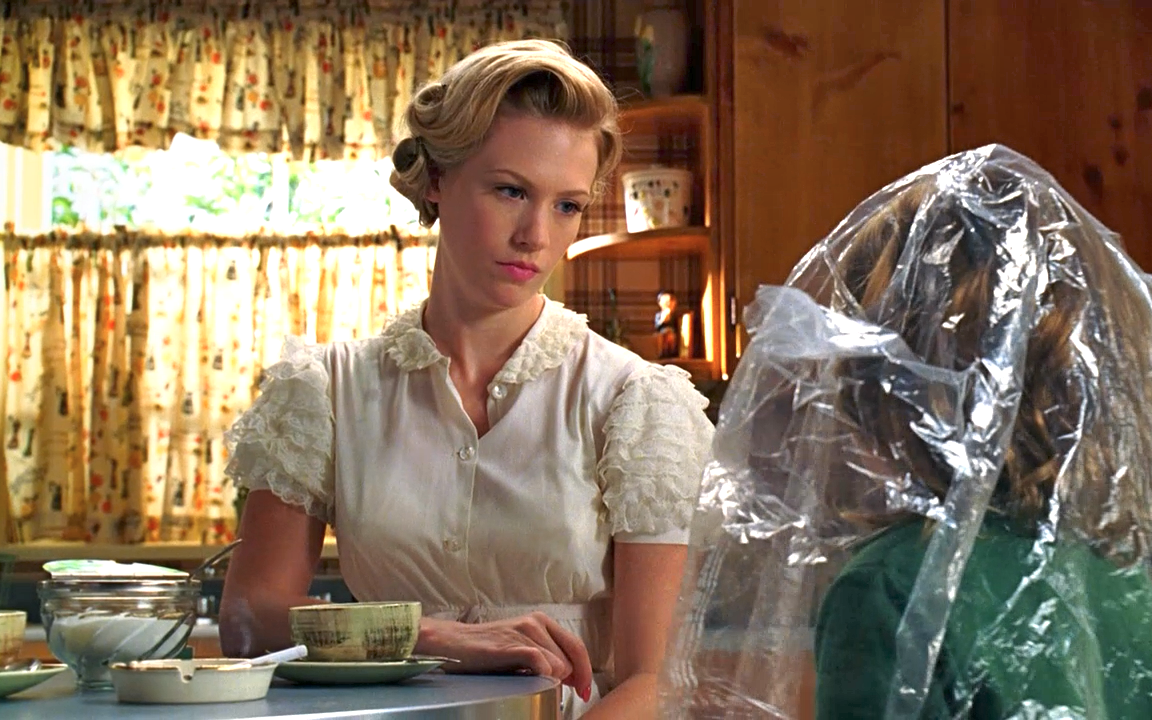By Bex Peterson, Editor-in-Chief
For this Lettitor I’ll be talking about dragons—but for once, I won’t be talking about Dragon Age.
Professor Robert Gifford of the University of Victoria has a theory regarding our hindered ability to conceptualize and combat climate change that he calls the “Dragons of Inaction”—barriers that keep us stagnant even in the face of oncoming disaster. He classifies these “dragons” under seven genera: Limited Cognition, Ideologies, Social Comparisons, Sunk Costs, Discredence, Perceived Risks, and Limited Behaviour. It’s a cute metaphor to help name and categorize our own psychological limitations, and I highly recommend checking out the website dragonsofinaction.com for more information.
In essence, the problem is this: The world feels far too big for us to impact, and climate change feels far too big for us to fix. There’s a real cognitive dissonance in how we take the Earth for granted. We feel like we’re so small in comparison to this planet that our actions make no difference, but big enough that we deserve to take and extract and destroy without thinking of broader consequences. At the end of the day, the world is going to outlive us—short of dropping an apocalyptic number of nukes, the planet will still be here despite what we do to it. However, we are rapidly making this world uninhabitable for everyone currently living on it, which is at the very least an incredibly counter-intuitive move on the part of the human race.
But who is “we?” Though I don’t recommend abject nihilism as a coping method and I don’t think people should take it as an excuse to do nothing, at the end of the day the biggest producers of pollution are not us as individuals. Which means that we, as individuals, can’t fix it.
Not as individuals.
Because that’s the thing—we’re not all just individuals. We’re part of a bigger picture. As anyone who’s ever played Dungeons and Dragons could tell you, dragons are not a one-person fight. Acting collectively, we have a chance.
We can all make individual efforts to reduce our carbon footprint. Throughout this issue there are plenty of excellent suggestions, tips, and tricks for doing so. We can also organize to start taking down some of the bigger culprits of pollution and carbon emissions. We can demand for better, more ecological practices. We can remind politicians over and over again that climate change should be our biggest priority moving forward.
The only way we’re going to tackle the problem of climate change is by working together, as corny as it sounds. We might as well start now.
Until next issue,
Bex Peterson




